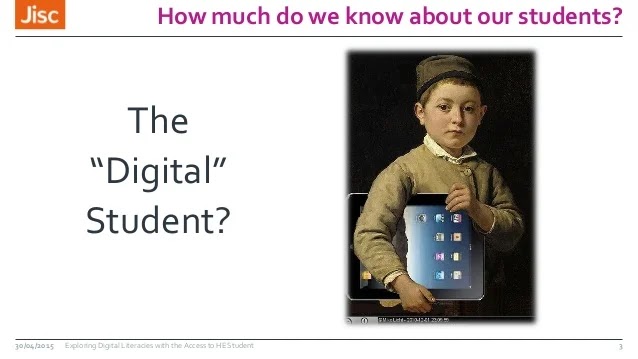Navigating the Digital Era: Exploring Digital Literacies
Navigating the Digital Era: Exploring Digital Literacies
In our increasingly digital world, being digitally literate has become essential for success and participation in various aspects of life. Digital literacy encompasses a set of skills, knowledge, and attitudes that enable individuals to effectively use, navigate, and critically evaluate digital technologies and information. In this blog, we will delve into the concept of digital literacies, their importance, and practical tips for developing them.
Understanding Digital Literacies Digital literacies encompass a range of competencies that go beyond basic computer skills. They include:
- Information Literacy: The ability to locate, evaluate, and use information from digital sources critically. This involves distinguishing credible sources from misinformation or fake news.
- Media Literacy: The ability to analyze, evaluate, and create media content in various formats, including images, videos, and social media posts. It involves understanding the influence and impact of media messages.
- Communication and Collaboration: The ability to effectively communicate, collaborate, and engage with others using digital tools, such as email, instant messaging, social media, and online platforms.
- Digital Citizenship: Understanding ethical and responsible behavior in the digital world, including respecting privacy, online security, and being mindful of online interactions.
- Critical Thinking: The ability to think critically, analyze information, and make informed decisions in a digital context. This includes evaluating sources, identifying biases, and assessing the credibility of digital information.
The Importance of Digital Literacies
a) Empowerment: Digital literacies empower individuals to harness the vast resources available online, enabling them to acquire knowledge, pursue education, and develop new skills.
b) Employability: In the digital age, many jobs require digital literacy skills. Being digitally literate opens up career opportunities and enhances employability in various sectors.
c) Civic Engagement: Digital literacies foster active citizenship by enabling individuals to engage in online activism, participate in public discourse, and contribute to social change.
d) Critical Consumption: Digital literacies empower individuals to critically evaluate information, discern credible sources, and navigate through the abundance of information available online.
Developing Digital Literacies
a) Continuous Learning: Embrace a growth mindset and engage in continuous learning to stay updated with evolving technologies, trends, and digital practices.
b) Skill-specific Training: Seek out specific training or courses to enhance skills in areas such as information literacy, media literacy, data analysis, or online security.
c) Practice Digital Citizenship: Be mindful of online behavior, respect privacy and intellectual property, and engage in positive and constructive online interactions.
d) Engage in Critical Thinking: Question information, verify sources, and evaluate the credibility of online content. Develop the ability to think critically about the information you encounter.
e) Collaborate and Network: Engage in online communities, participate in forums, and collaborate with others to enhance digital collaboration and communication skills.
Digital Literacies in Education and Beyond
a) Education: Educational institutions play a crucial role in fostering digital literacies by integrating them into the curriculum, teaching students digital research skills, and promoting responsible online behavior.
b) Workplace: Employers can support digital literacy development by providing training opportunities, promoting digital collaboration tools, and encouraging continuous learning.
c) Community Engagement: Non-profit organizations, libraries, and community centers can offer workshops, resources, and support to bridge the digital divide and promote digital literacies in underserved communities.
Conclusion: In our digital era, digital literacies are essential for effective participation, critical thinking, and lifelong learning. By developing these skills, individuals can navigate the digital landscape with confidence, leverage the opportunities provided by technology, and make informed decisions in a complex and interconnected world. Embrace digital literacies to enhance your personal and professional growth, and become a responsible and empowered digital citizen.





评论
发表评论